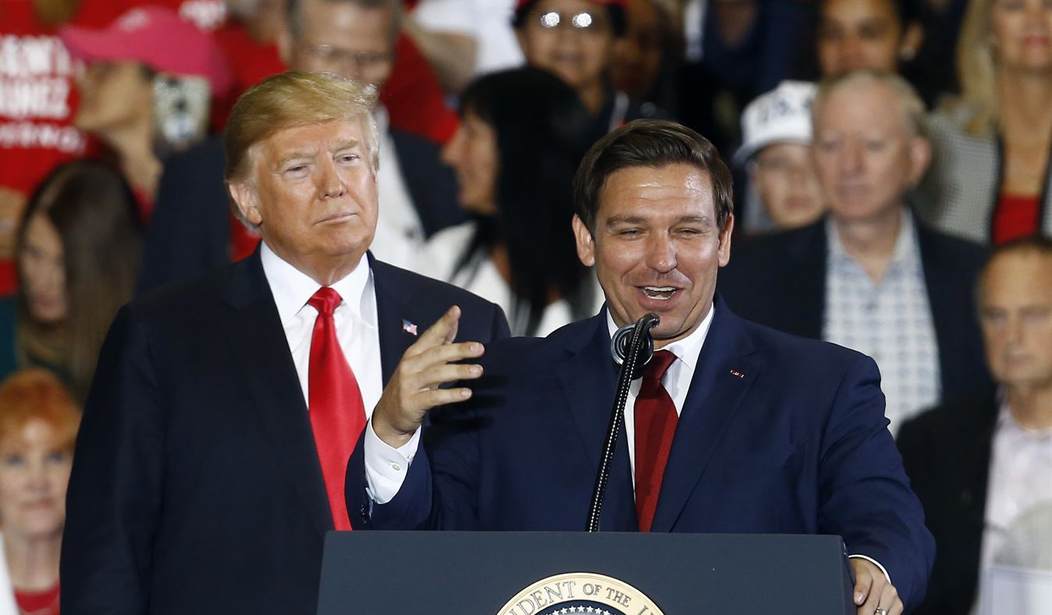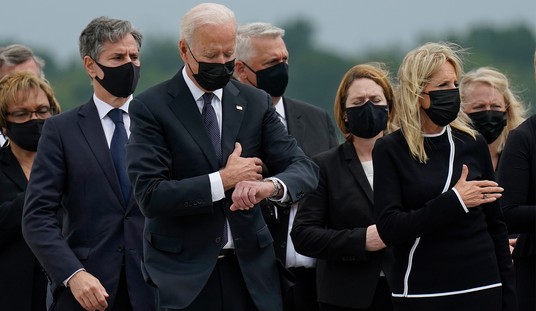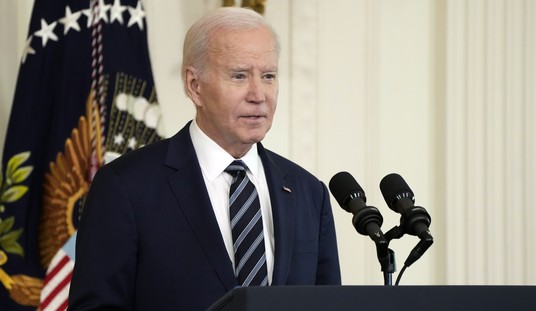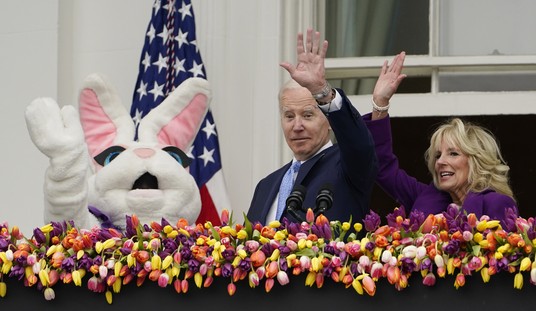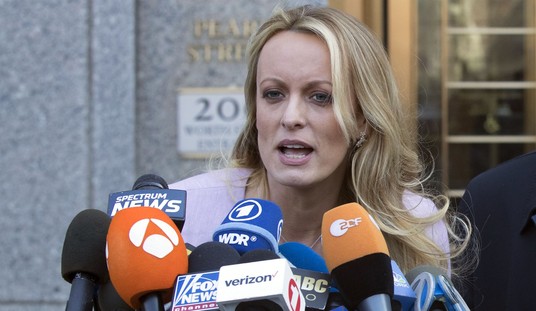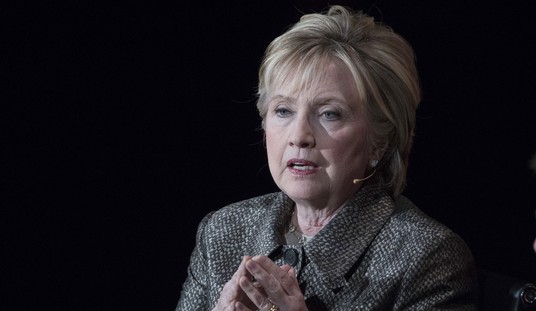The opinions expressed by contributors are their own and do not necessarily represent the views of RedState.com.
Members of the chattering class, including myself, have noted that if Florida Gov. Ron DeSantis were to challenge former President Donald Trump for the GOP nomination for 2024, the COVID issue would likely be the latter’s biggest weak point. DeSantis has been lauded on the right for his handling of the pandemic and his stance against mask mandates and onerous lockdown orders. Trump? Not so much.
Nevertheless, the former president attacked DeSantis recently for supposedly trying to “rewrite history.” During an interview, he said:
“Florida was actually closed for a great, long period of time. You remember, [DeSantis] closed the beaches and everything else. You know, they’re trying to rewrite history.”
TRUMP: "Florida was actually closed for a great, long period of time. You remember, [DeSantis] closed the beaches and everything else. You know, they’re trying to rewrite history." pic.twitter.com/WuvWviLLHa
— Breaking911 (@Breaking911) January 30, 2023
In a post on Truth Social, Trump also referenced “the revelations about Ron DeSanctimonious doing FAR WORSE than many other Republican governors, including that he unapologetically shut down Florida and its beaches, was interesting, indeed.”
It is true that DeSantis issued lockdown orders in Florida, along with most other governors. Politico noted: “In March 2020, the governor issued statewide restrictions and then more far-reaching measures in Palm Beach and Broward counties. Beaches, as Trump said, were shut down.”
Still, DeSantis’ policies were in line with guidance coming from Trump’s White House. Even further, the former president has been widely criticized for keeping Dr. Anthony Fauci on the team despite the fact that he gave inconsistent information and insisted on lockdown orders and mask mandates. Trump still went along with Fauci’s advice on the matter, even going so far as to criticize Georgia Gov. Brian Kemp for being the first to open his state.
For Republicans, DeSantis’ approach to the pandemic of getting out of shutdowns as soon as possible and resisting mandates and restrictions has been vindicated, and it has appeal to nearly all factions of the party. “I told the governor of Georgia, Brian Kemp, that I disagree strongly with his decision to open certain facilities,” Trump said during a press conference, according to Politico. He argued that Kemp was “in violation” of the White House’s re-opening plan and called on him to “wait a little bit longer, just a little bit – not much – because safety has to predominate.”
Fauci slammed DeSantis when he decided to re-open the Sunshine State, saying that he “jumped over a couple of checkpoints.”
Nevertheless, DeSantis has been highly praised for his refusal to go along with the prevailing wisdom on lockdowns, even though he still adhered to them in the beginning. He was widely criticized by Democrats and members of the activist media, who gave him the moniker “Ron Deathsantis.”
The distinction between Trump and DeSantis when it comes to the approach to the COVID-19 pandemic is a subject worth debating. But there is another element in this equation that might actually deserve more attention: How local officials handled the matter. Indeed, this should also be a question for those seeking office in cities across the country, and citizens would be wise to take notice.
Federal and state governments were largely on board with shutting down amid the pandemic, but some sheriffs were willing to exercise their constitutional authority in bucking against these violations of natural rights. In Washington, a number of sheriffs decided not to enforce stay-at-home orders and other measures “that infringe on your constitutional rights” that were issued by Gov. Jay Inslee.
In Texas, several sheriff’s offices and police departments refused to enforce Gov. Greg Abbott’s executive order requiring people to wear masks in public and businesses to remain closed during the pandemic. Denton County Sheriff Tracy Murphree called out the “hypocrisy” of enlisting law enforcement to enforce mask mandates, while saying nothing about the mass protests that occurred after the murder of George Floyd.
Officials all across the country did the same, which meant residents living in these cities and counties could operate unencumbered by law enforcement. It also prevented the more authoritarian types from calling police to snitch on their neighbors for having too many people over for gatherings. One such individual was Sheriff Mark Lamb of Pinal County, Arizona, who I interviewed on my podcast recently.
As America prepares for its next election season, voters should be focusing on local government, which has a greater impact – for good and bad – on their lives. They need to make sure that if state and federal governments issue unconstitutional orders that violate our liberties, they will have local officials who will push back, instead of going along with the program.
This is important even for issues outside of the COVID-19 pandemic. In Illinois, dozens of sheriffs declared they would not enforce the state’s ban on assault weapons. Indeed, Second Amendment sanctuaries have begun to crop up all over the nation in recent years.
While the nation is focused on who will be the future occupant of the White House in 2024, we the people would be wiser to look at what is happening in our local governments. Neither Republican nor Democrats wish to shrink the size of the federal government, and unfortunately, this will remain the case for the foreseeable future. However, liberty-minded Americans still have a say in how local governments choose to operate. Perhaps this is where we should be flexing our power instead of relying on those serving in Washington, D.C.

